Hello world!
Welcome to our project, your ultimate gateway into the fascinating world of Norse culture, mythology...










Norse gods are much more than just characters from mythology.
Norse gods returns, and they could offer their path to lifestyle.
Learn more about Norse tradition or share your experience.
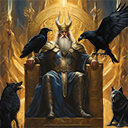
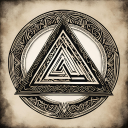
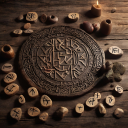
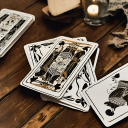
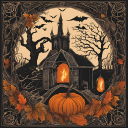
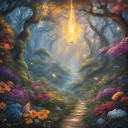
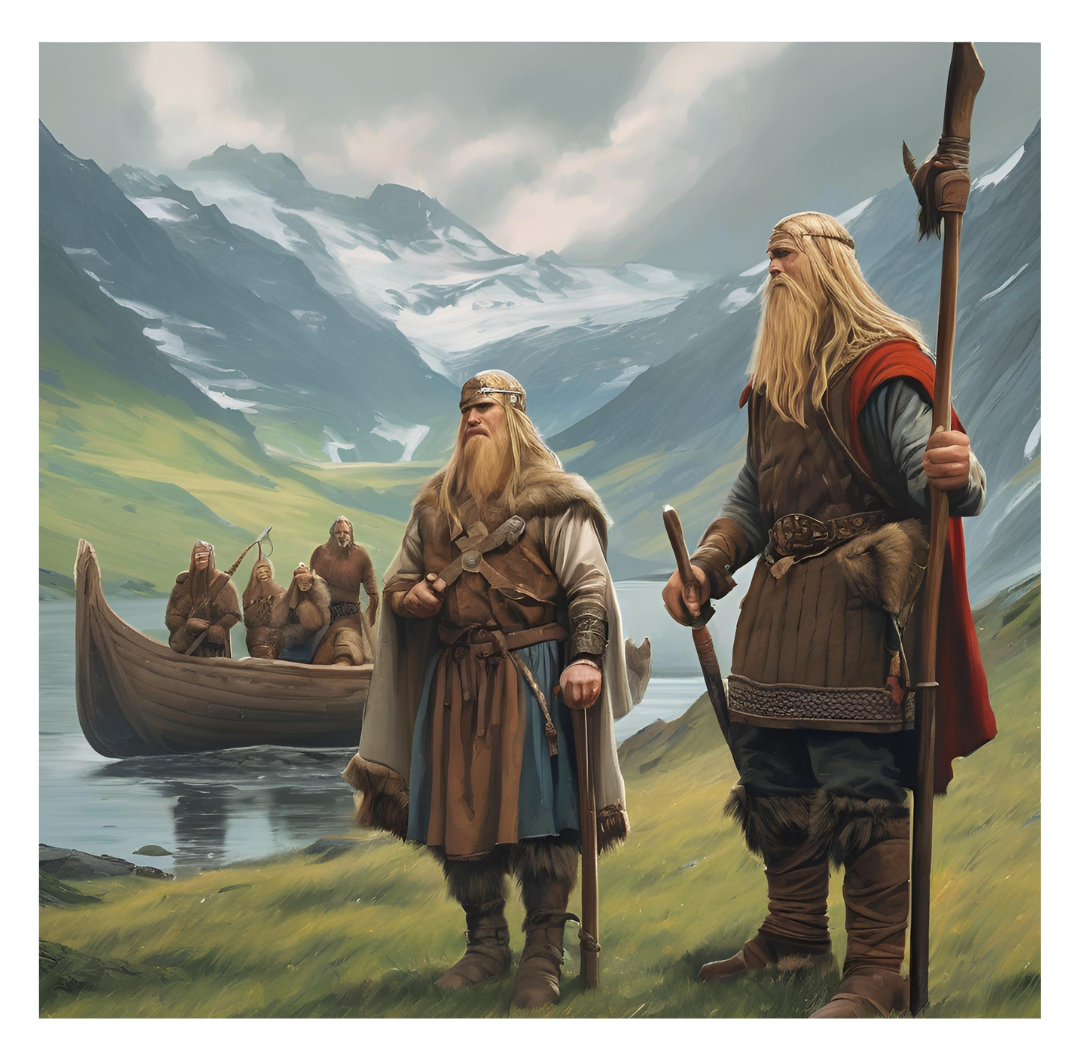
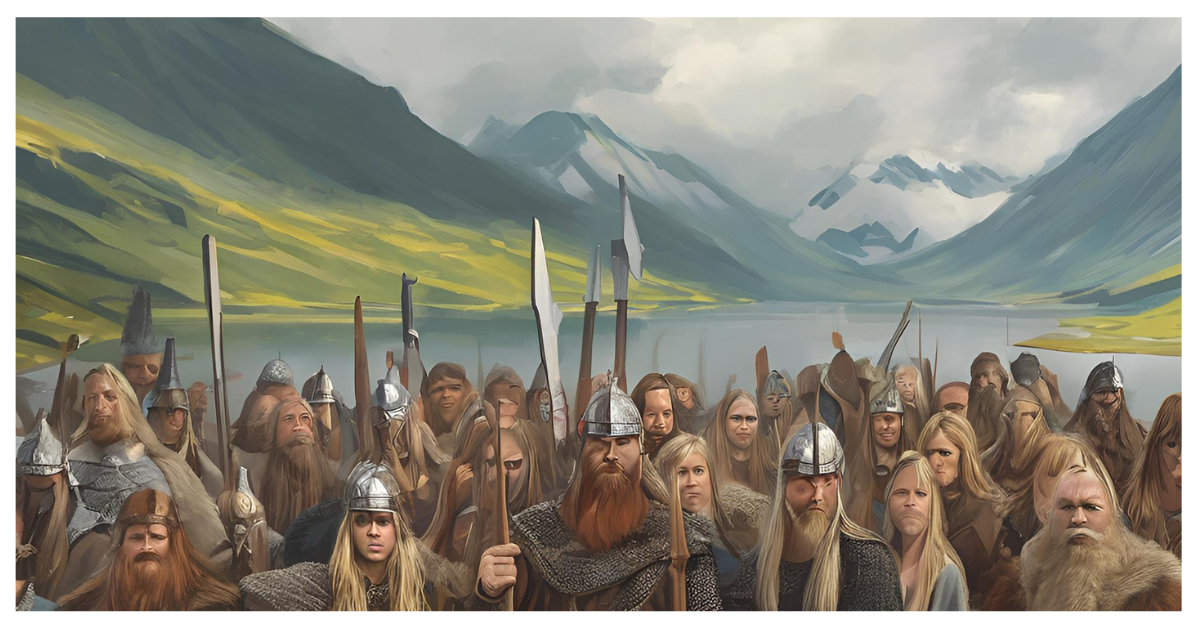
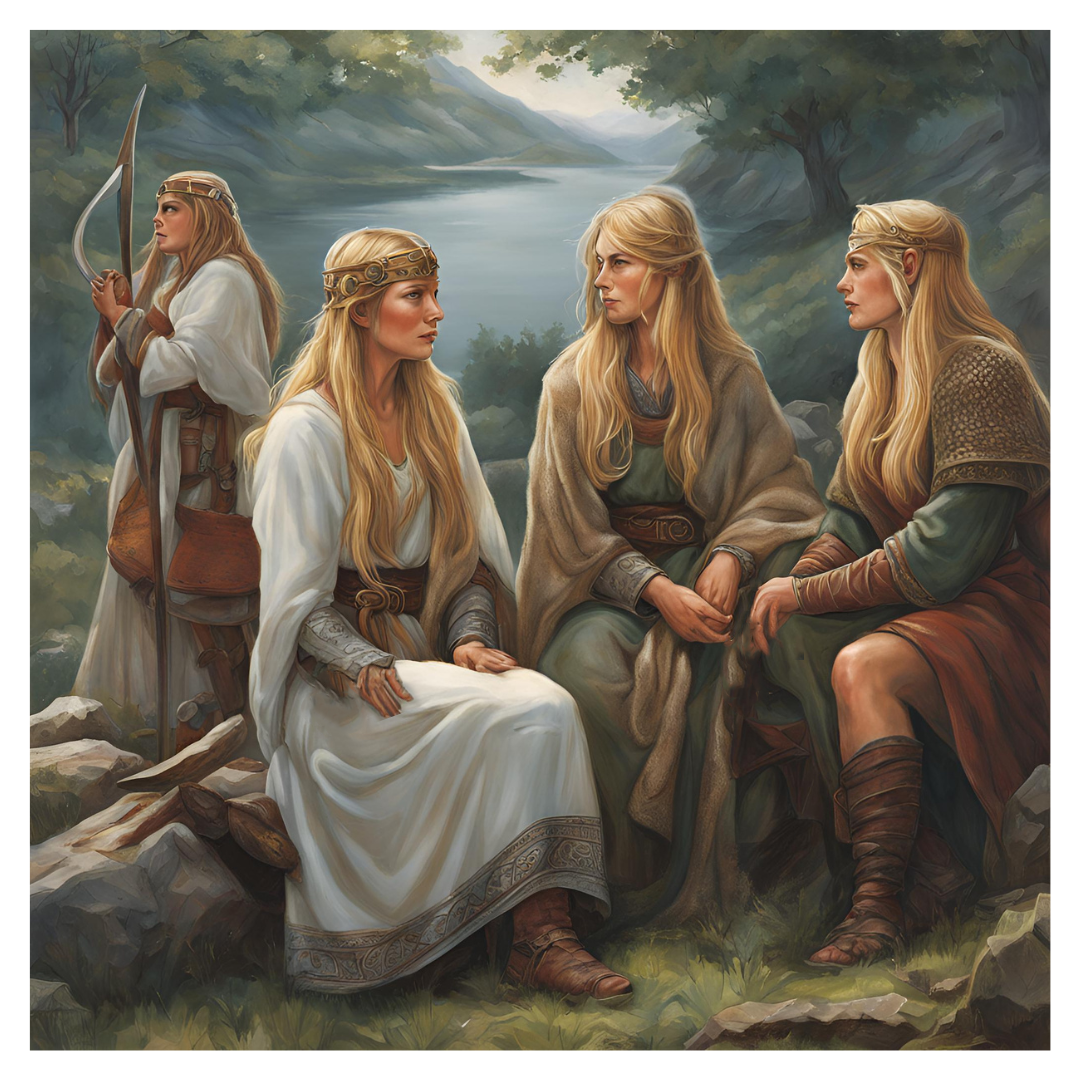
Welcome to a community space for those intrigued by Norse myths, Norse religion, and the rich tapestry of Norse paganism traditions. Here, you’ll find a community passionate about exploring and sharing experiences, interacting and collaborating with the Norse gods and Norse traditional culture overall. Whether you’re seeking guidance, looking to ask questions, or eager to connect with others who have already walked this path, you’ll find a supportive environment here.
We also delve into the fascinating world of Norse-Germanic culture, from traditional holidays and artifacts remained by Vikings.
Join us in uncovering the wisdom and traditions they left behind for our civilization!
It has similarities, but if to dig deeper, the word Norse considers people and territories from Northern countries that are primarily associated with Scandinavian countries today. Such Norse territories include Iceland, Norway, Sweden, Denmark, and territories of North Germany. Since Vikings and their predecessors were active sailors and explorers who made a significant impact worldwide, it would be inaccurate to limit this meaning only to the people from the mentioned territories, though the core Norse foundation comes from them.
Both paganism and polytheism are known as related concepts, with some differences.
Paganism meaning refers to different religious traditions with cultural foundations in place. Thus, it’s not limited but considers Norse, Slavic, Greeks, Romans, Celts, and Egypt paganism with a solid cultural foundation in place. Also, paganism’s meaning could have some unpleasant connotations, as it was mainly introduced by Christianity which is known for its low tolerance to other spiritual practices, especially in the Middle Ages.
Polytheism religion has a broader meaning, which refers to the belief in multiple Gods. All polytheistic religions could be considered pagan, but not all pagan religions are necessarily polytheistic—they can include other belief systems in addition to belief in multiple Gods.
To the major pagan traditions, we can consider Norse, Slavic, Greek, Roman, Egypt paganism, Wicca, Druidry, and Heathenry, which draw inspiration from ancient myths, folklore, and pre-Christian traditions. Pagans often honor the natural world, celebrate the solstices and equinoxes, and observe rituals that connect them to the earth and its cycles.
Nowadays, most people in the Western World who have nothing with paganism nor heathenism celebrate major holidays such as Halloween (All Saints’ Day), Christmas, Easter, and several more, but if you are curious to dig deeper, you’ll find that major ones come from paganism traditions that were adapted to modern ages and compatibility with major dominant religions. Moreover, the names of weekdays in the modern Western World are named in honor of Gods… And that is just a small thing you might find interesting.
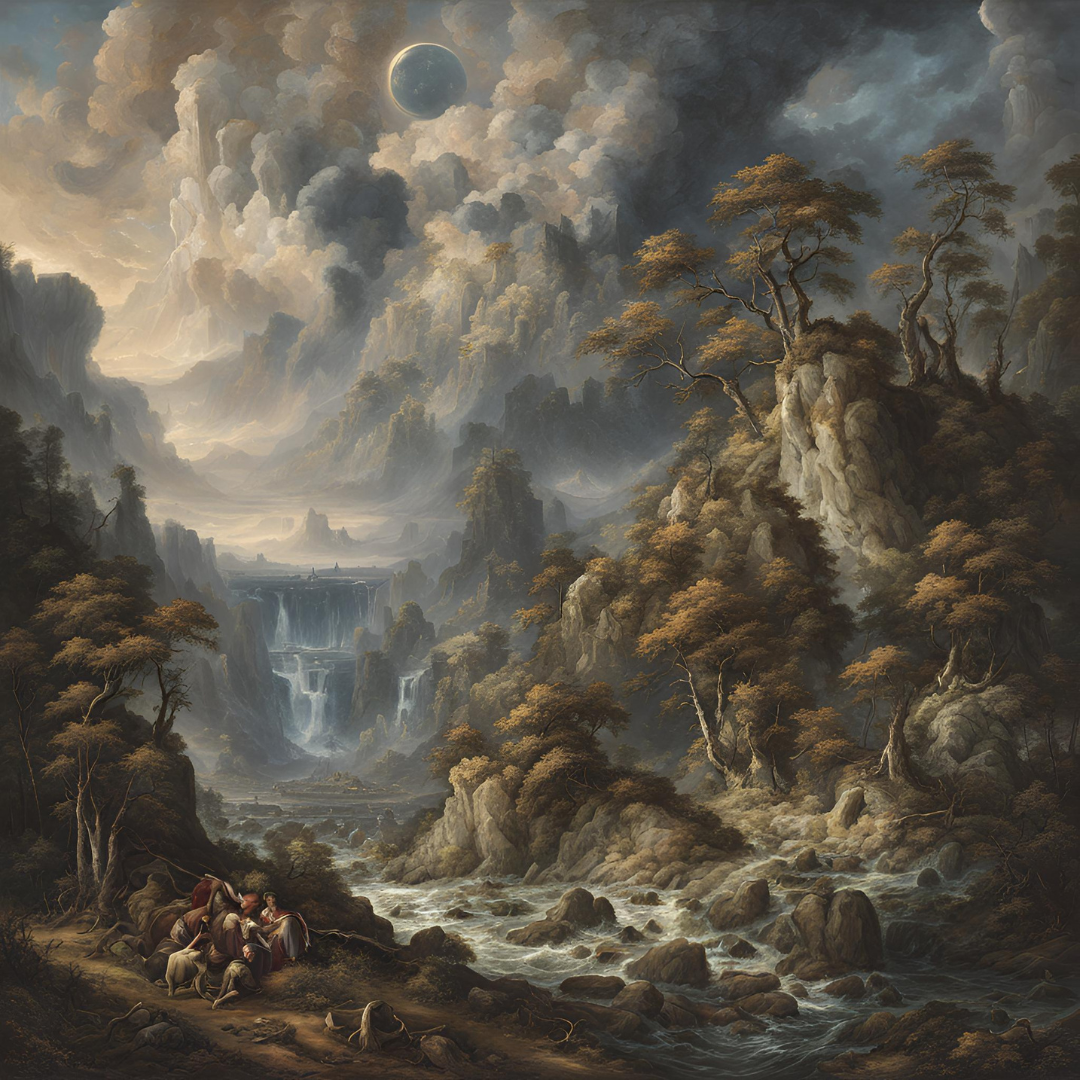
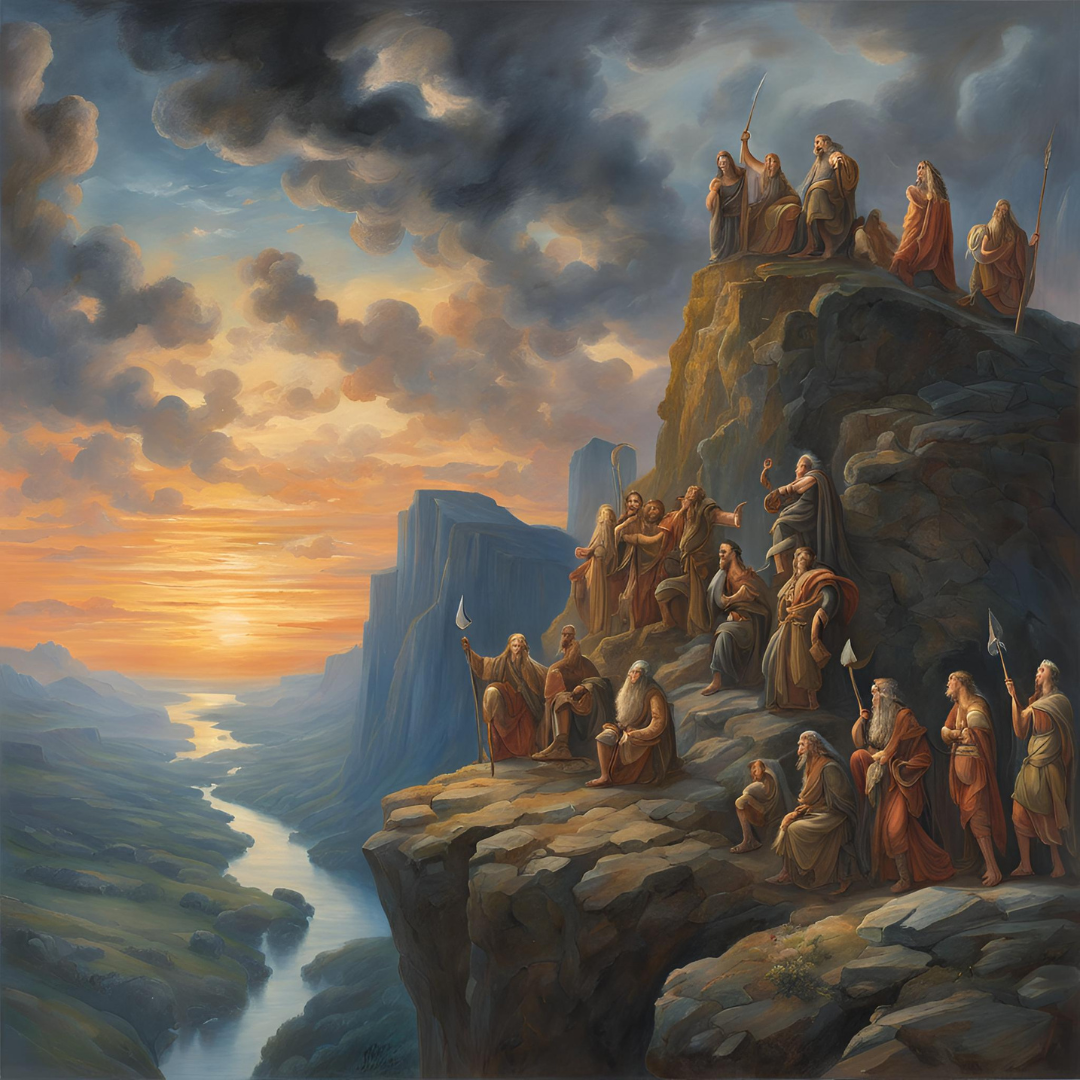
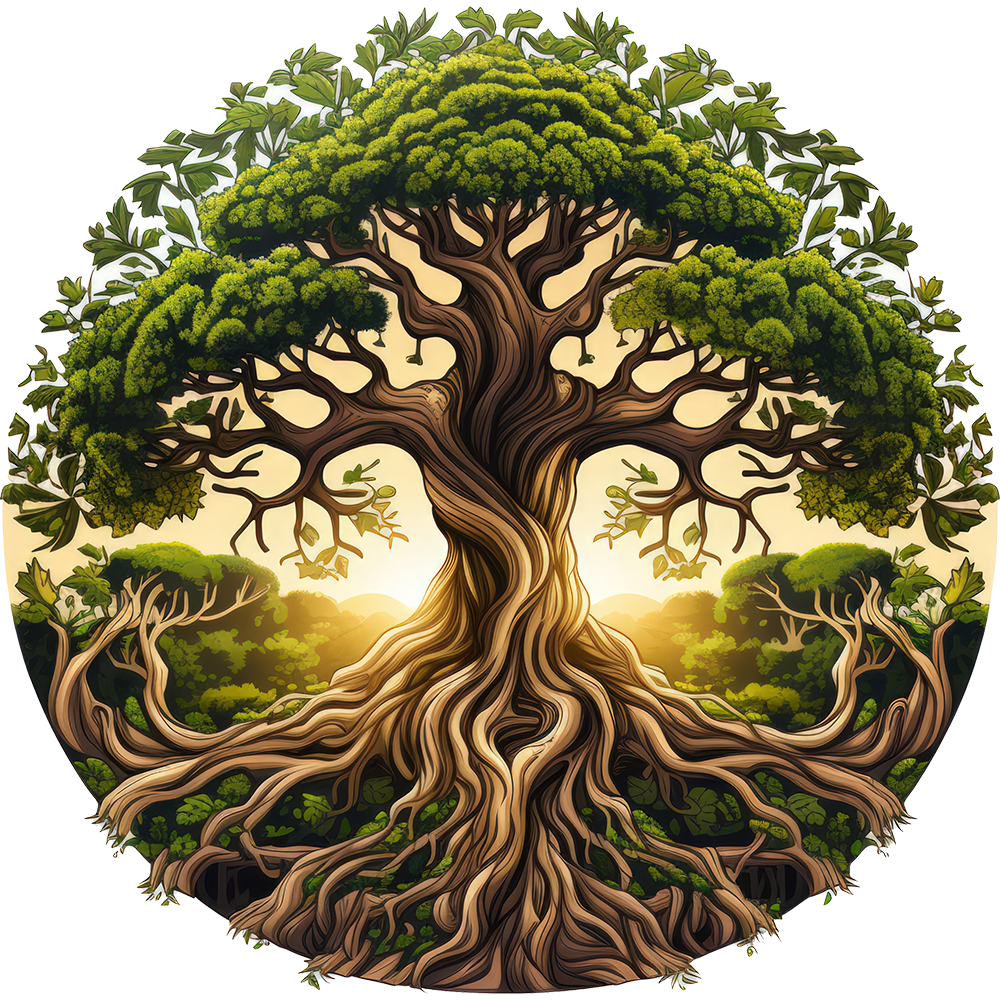
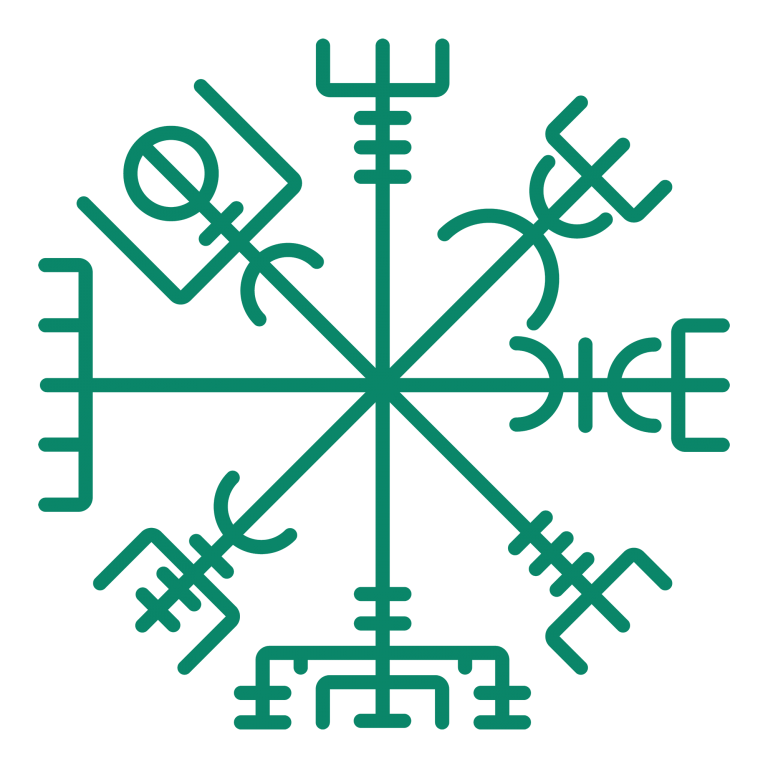
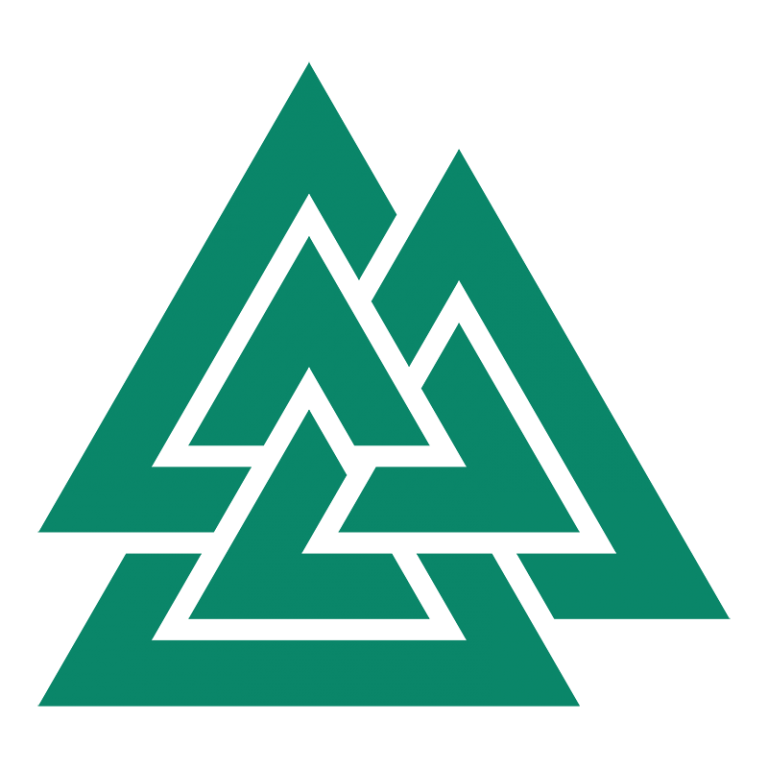
Viking heritage become more and more popular in our days. Such TV Shows as Vikings or multiple Marvel movies make people wonder who are Viking Gods like Odin, Thor, Loki, and who else is part of the Norse pantheon. Moreover, different artifacts such as runes and other graphical symbols raise even more questions.
Gods from Norse mythology are much more than just characters from popular movies or stories. While dedicated small groups and individuals maintained relations with Norse pantheon Gods, in general, they have been almost forgotten and prohibited for multiple centuries, but they are alive and following people’s civilization, and its evolution. Times have changed and in our days most people are free to explore things that have been prohibited just a couple of centuries or even several decades ago. Norse Gods are open to open-minded people with a true passion for learning about them. These days, they are not dedicated to Norse territories only, though we respect Norse tradition and the territories it originally comes from. Nowadays, people from different regions and territories can learn about Norse Gods and establish their own way of communicating with them. The known communities that practice communications and relations with Norse Gods include but are not limited to community groups known as Asatru, Vanatru, Rokkur, Heathenry, and more.
Join the community and connect with people interested in Norse tradition and relevant topics. Ask questions and share your experience.
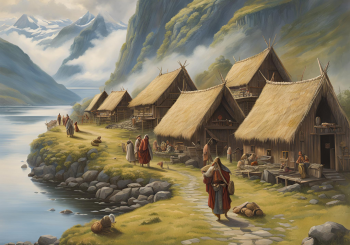
Welcome to our project, your ultimate gateway into the fascinating world of Norse culture, mythology...